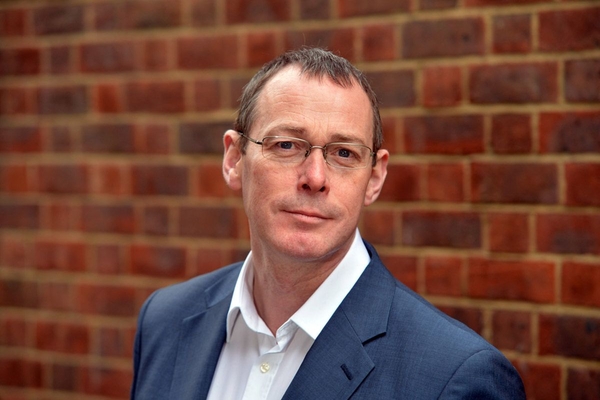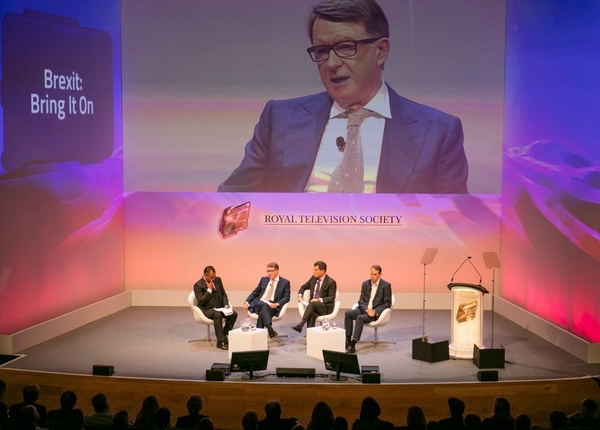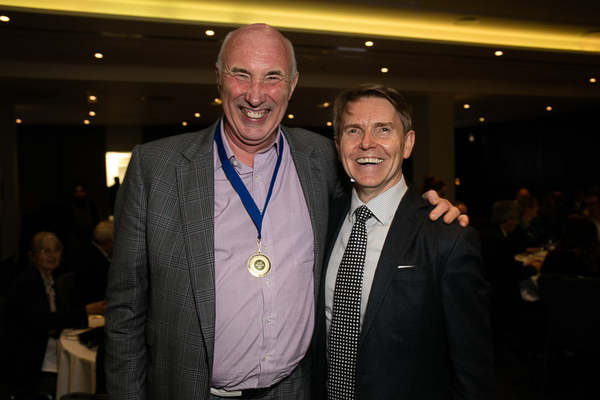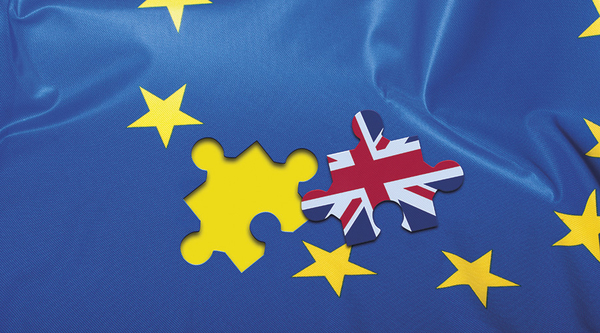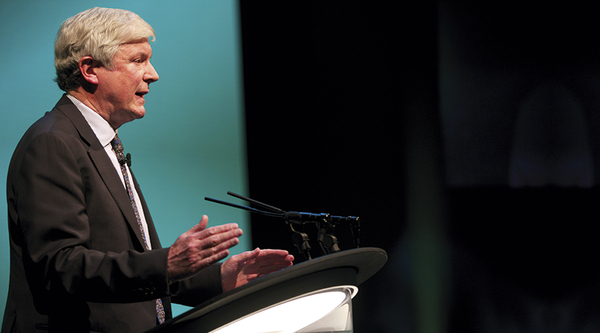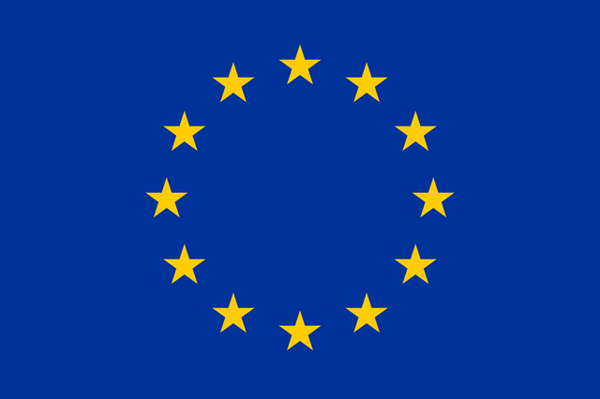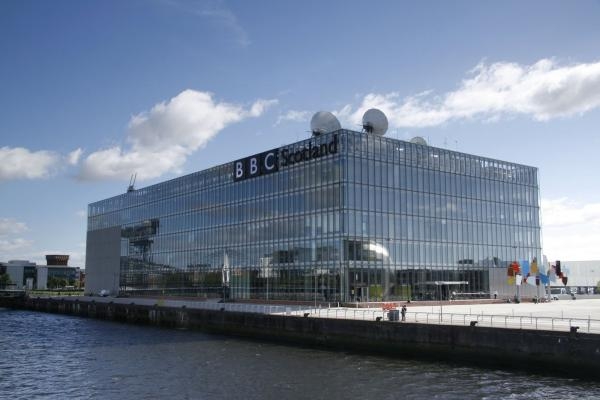Getting Your Foot in the Door | RTS Futures Careers Fair 2024
Industry experts from Mama Youth, Channel 4, ScreenSkills, First Break, Banijay Bright Bulb, Rise at Raw, PACT and the BBC tell you what they have on offer, when to apply, who they are looking for and how to get your application over the line. A one-stop shop for starting your career in television!
This session took place on Wednesday 7 February as part of the RTS Futures Careers Fair 2024, and was hosted by Zach Duthie - Marketing and Communications, Entertainment Partners.

